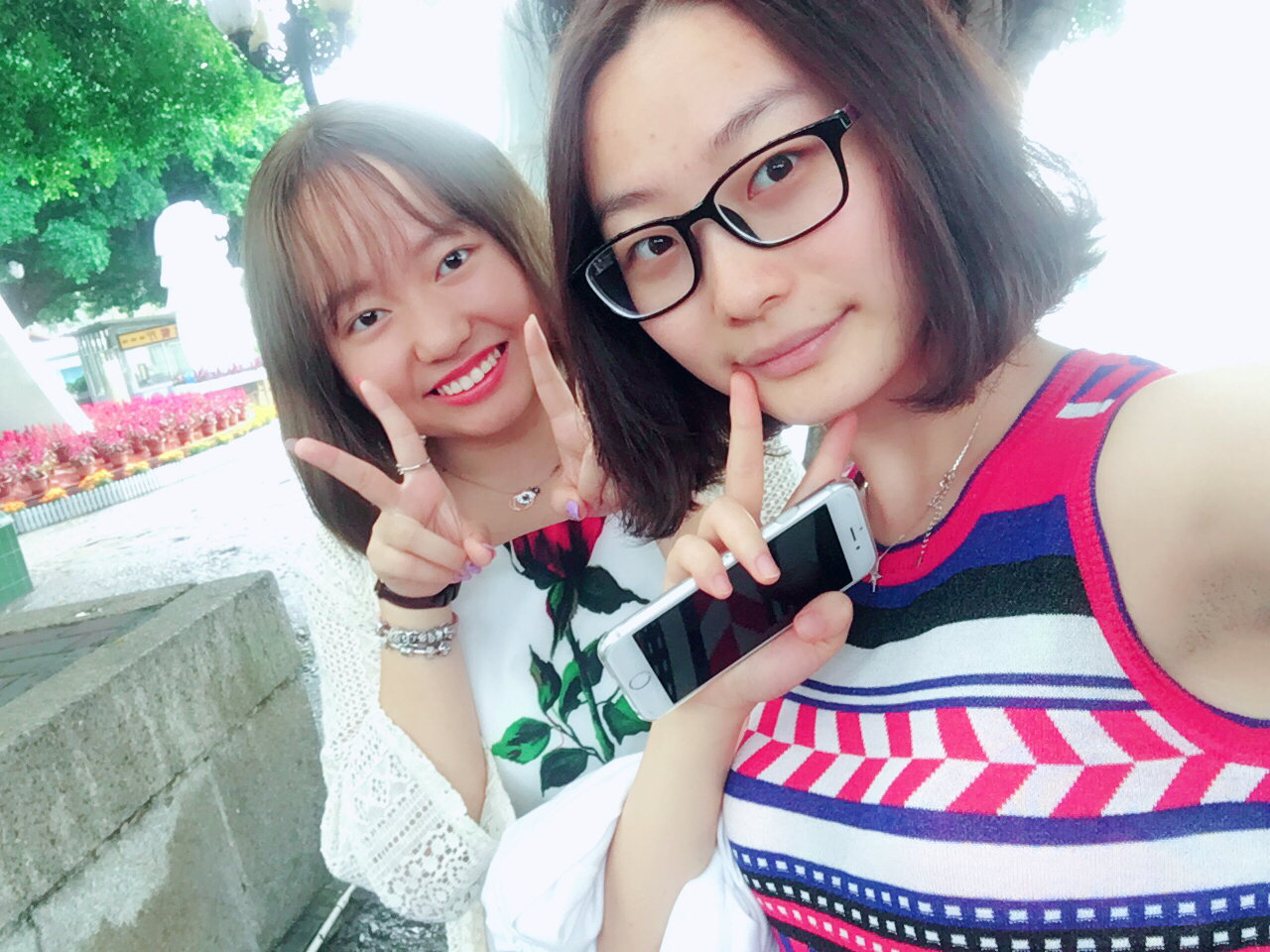Two student entrepreneurs donated RMB one million to CUHK-Shenzhen

Q: Can you briefly introduce your entrepreneurial project and what you have achieved so far?
A: We launched Leadygo, a campus service platform in our university, to provide help and convenience for students' learning and life, and to help students to promote some of their entrepreneurial projects. In the course of operating Leadygo, we have accumulated a lot of experience and also met some partners. In November 2016, we formally established our own cultural communication company to help individuals and small companies make marketing plans. The company became profitable after about half a year, and its scale is gradually expanding.
Our majors are Marketing and Applied Economics. The teaching model of the University has provided us with very great help. The University not only pays attention to the study of theoretical knowledge but also to practical exercises. Many courses feature case analysis and the teachers have taken us through all kinds of cases. We thus got connected to the real business community and can apply the knowledge we learnt in class to the real situation. In the freshman's English class, we received trainings in doing seminars and presentation. The trainings stressed on the dialectical treatment of problems. We were also required to wear formal clothing when we were doing presentations. Thus we accumulated more business-related practical experiences.
1. Time allocation
We were already under great learning pressure. She (Lee) was the leader of the University's debate team and liked to participate in debate games and other business matches; while I (Yan) took exams such as ACCA in the second year, which made me very busy. Our business sometimes made us very tired, especially during midterms and finals. When we were stressed out, we often wandered around the campus to relieve ourselves.
The initial stage of starting a business is basically a stage of experience accumulation. Although many things had been done, most of them had no results. It even affected our academic performance at the beginning. When the academic pressure was very high, we even questioned ourselves: what is the point in spending so much time in entrepreneurship? Parents hope that we can find a stable job, so they did not support us at first. Especially when they knew that we stayed up late for the business, they tried to persuade us to give it up. But now, our parents are very much pleased with our choice and being supportive.
In the early days of our business, we tried to contact a number of companies to help them with some planning activities. However, most companies questioned us being students. After accumulating some experiences at the university, such as helping students with their course selection, etc., we started to be recognized by some companies.
1. You need to think clearly about what you really want before you start your own business. Do not think that you can take an internship in a big company and start a business at the same time. It may be a waste of time and energy. After finding your own direction, work hard towards that.
2. Perseverance is necessary. I met some entrepreneurial partners from the Shenzhen Institute of Information Technology before. They had done "SIIT Information Service Station" and "Guoranai" match-making project, which were pretty good at the beginning. However, they did not continue after they graduated and started to work. Moreover, their subsequent work has few connection with their entrepreneurial experience. So some of them think it is a waste of time. Of course, I did see some people really focusing on their entrepreneurial work and made a success. The company Express Bonbon is a good example.
3. If you are looking for help, you can find some inspiration and entrepreneurial partners from your classmates and seniors. After all, communication between classmates is easier and convenient. The university is also supportive. For example, you can apply for the venture capital from Galaxy World or go to CIDE to consult for entrepreneurial suggestions. We also plan to donate funds to help CUHK-Shenzhen students start a business. If you have needs, our cultural communication company can provide you with suggestions and help you with the promotion.
1. The original intention was to show our gratitude to our alma mater for its training and teaching which made us who we are. We are more inclined to practice, more courageous, and more willing to try. The university gave us a good entrepreneurial environment. CIDE and the Galaxy World Fund all provided us with a lot of help. When there are problems, the teacher will promptly provide suggestions and share us some experience.
2. We hope to motivate more students. After all, we are the first graduates. Maybe everyone will feel that the future is not so sure. We do not have senior brothers and sisters, and no one gives us some guidelines. No one knows what is waiting for us ahead. Our donation is to encourage everyone to believe that our future will be better.
3. I hope to encourage the development of innovation, trial-and-error, and practice of CUHK-Shenzhen students. If it is a good project, we will grant a scholarship. The students with the scholarship may be more likely to start their own business. This is also a network of mutual assistance. Our donation is a five-year donation. It would be a special gift to the University five years later at the tenth anniversary of the University at that time. It was hoped that more students would be able to contribute to their alma mater and organize a larger scholarship donation pool. The alumni culture and alumni network can be truly set up from the first graduates so that everyone can have a sense of belonging.
A: We plan to donate in five years and all of them will be from the company's profit. We are very confident about the future. At least the first year's donation will be all from the company's profit.
Editor: Wu Qicheng





